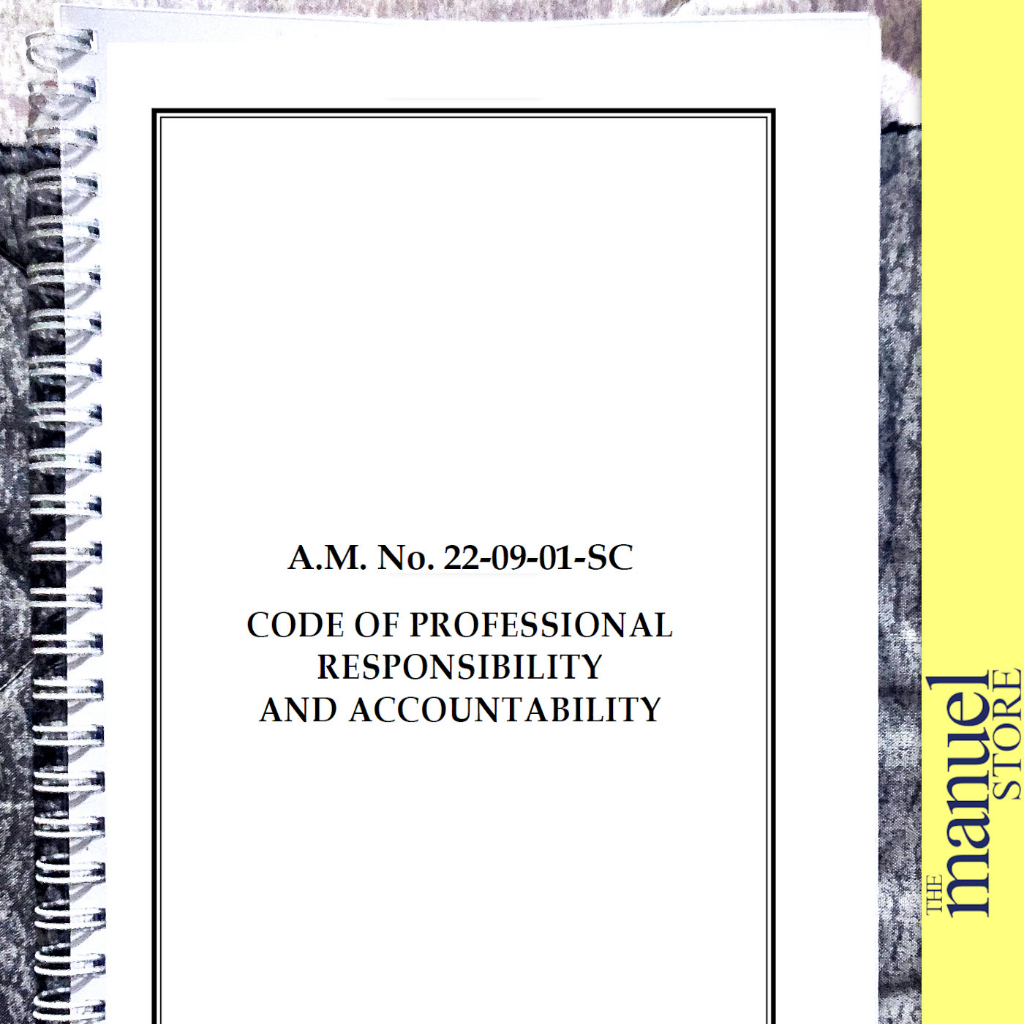
Navigating Professional Responsibilities: A Path to Accountability
Professional responsibility and accountability are integral aspects of any reputable career, and the legal profession is no exception. In the legal realm, upholding high standards of professional responsibility is not just a moral imperative but a legal obligation.
The Foundations of Professional Responsibility
Professional responsibility encompasses the ethical obligations and standards that individuals in a specific profession, such as law, are expected to uphold. In the legal context, these standards are defined by legal codes of ethics, state bar associations, and regulatory bodies. Attorneys are duty-bound to act with integrity, honesty, and in the best interests of their clients.
Upholding Ethical Standards in Legal Practice
Ethical standards in the legal profession are multifaceted. Attorneys must maintain client confidentiality, avoid conflicts of interest, provide competent representation, and adhere to the principles of fairness and justice. Upholding these ethical standards is not only a professional responsibility but also a means of preserving the integrity and trustworthiness of the legal system.
Accountability in Legal Practice
Accountability goes hand in hand with professional responsibility. Legal professionals are accountable for their actions, decisions, and the outcomes of their cases. This accountability extends to interactions with clients, colleagues, and the court. Being accountable means taking responsibility for mistakes, addressing conflicts, and continuously striving to improve one’s legal practice.
Legal Education and Professional Responsibility
Legal education plays a crucial role in instilling a sense of professional responsibility in aspiring attorneys. Law schools not only teach the intricacies of the law but also emphasize ethical considerations and the responsibilities that come with practicing law. By integrating ethical education into legal training, future attorneys are better equipped to navigate the ethical complexities of their profession.
The Role of Regulatory Bodies
Regulatory bodies, such as state bar associations, play a pivotal role in ensuring professional responsibility in the legal field. These organizations establish and enforce ethical guidelines, investigate complaints of ethical violations, and take disciplinary action when necessary. The existence of such oversight reinforces the importance of accountability within the legal profession.
Client-Centered Approach
A client-centered approach is a fundamental aspect of professional responsibility in law. Attorneys are obligated to prioritize their clients’ best interests, provide honest and clear communication, and diligently represent them. This client-centric focus not only meets ethical standards but also contributes to the overall success and trustworthiness of legal practice.
Professional Responsibility in a Changing Landscape
As the legal landscape evolves, so do the challenges and considerations related to professional responsibility. The integration of technology, changes in communication dynamics, and the globalization of legal services bring new dimensions to ethical considerations. Attorneys must adapt and navigate these changes while maintaining a steadfast commitment to professional responsibility.
Continuous Learning and Adaptation
In the dynamic field of law, continuous learning is a cornerstone of professional responsibility. Staying informed about legal developments, engaging in ongoing education, and adapting to changes in the legal landscape are essential aspects of fulfilling the duty to provide competent and up-to-date legal representation.
A Link to Navigate Professional Responsibility and Accountability
For legal professionals seeking to delve deeper into the realms of professional responsibility and accountability, AndaNIawyer provides valuable resources and insights. Explore how these principles shape the legal profession and learn about best practices for upholding ethical standards and accountability in your legal practice.
Shaping a Resilient Legal Profession
In conclusion, professional responsibility and accountability form the bedrock of a resilient and reputable legal profession. By understanding and embracing these principles, legal professionals contribute not only to the integrity of the legal system but also to the trust and confidence of those they serve. Upholding professional responsibility is not just a requirement; it is a pathway to a thriving and respected legal practice.